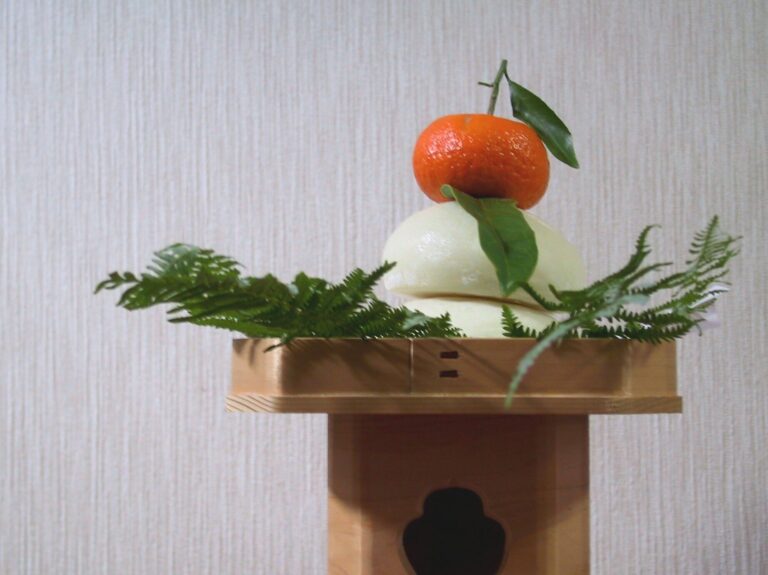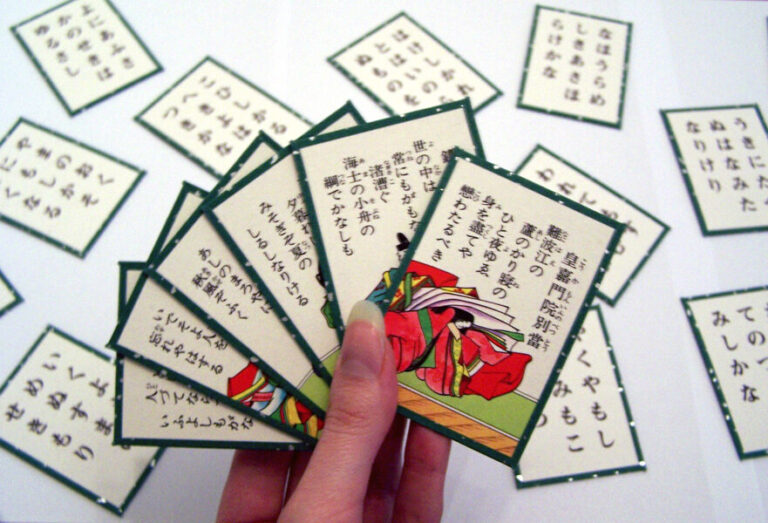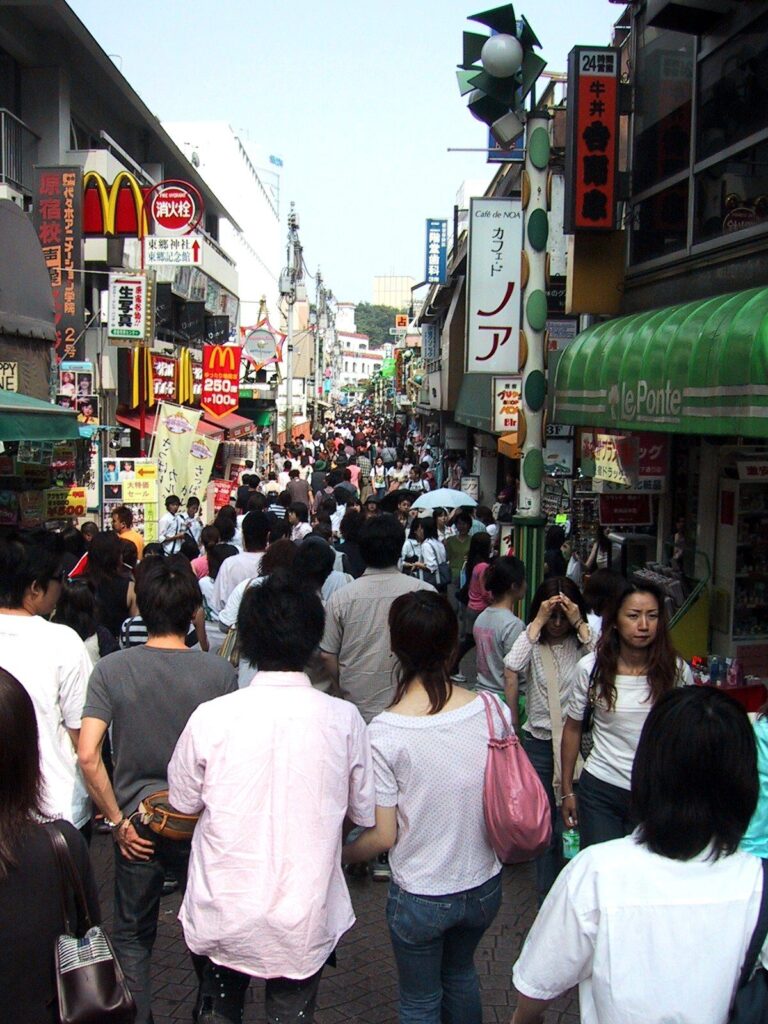~N Desu: Implications
Oftentimes translation from Japanese into English isn’t direct. “~N desu,” or the casual form, “~n da,” is one such example. The phrase is added at the end of sentences to sort of imply a reason for the sentence based on…
Oftentimes translation from Japanese into English isn’t direct. “~N desu,” or the casual form, “~n da,” is one such example. The phrase is added at the end of sentences to sort of imply a reason for the sentence based on…

If you’ve read our entry on Japanese table manners, you’ve learned a few tips for dining while in Japan. However, there are a few cultural differences that you may encounter that have nothing to do with courtesy. Knowing what to…

Valentine’s Day is approaching and chances are, the love hotels in Japan will experience an increase in business. The Japanese love hotel (actually called “rabu hoteru,” the Japanese pronunciation of the English words “love” and “hotel”) is somewhat of a…

We’re rounding out our more in-depth coverage of the Japanese New Year celebration with a closer look at a couple of the traditional foods associated with the holiday. Kurikinton (sweet potatoes with sweet chestnuts): Part of the traditional Japanese New…

Our coverage of the the Japanese New Year celebration continues. This week we’re going to talk about traditional New Year’s games that children (and sometimes adults) play with each other during the holiday. The tradition of playing these games on…

Because it’s so close to Tokyo—and Tokyo “spills” over into its suburbs so that Tokyo seems far bigger than it is—it’s often forgotten by tourists that Yokohama is actually a separate city. With about three and a half million residents,…
If you didn’t know who Japan’s prime minister was before, you may by now. Last week, international headlines proclaimed that Hatoyama Yukio had worn a bizarre, multi-colored shirt to a barbeque at his home. Perhaps stranger than the fact that…
In a historic moment next week on March 31st, the U.S. will return control of air space over Okinawa to Japan after more than six decades of American control. If you’re not familiar with the history of America and Okinawa,…
Last week was a busy week in Japanese politics news. Former Japanese Prime Minister Hatoyama Yukio—the very same whose fashion choices and somewhat strange behavior made headlines a few weeks ago—resigned on June 3rd, after winning the election and becoming…

Due to a floundering job market and a struggling economy, more and more young adults in America are living with parents even after school, struggling to find a job with which they can support themselves. Still, the idea of “adult…